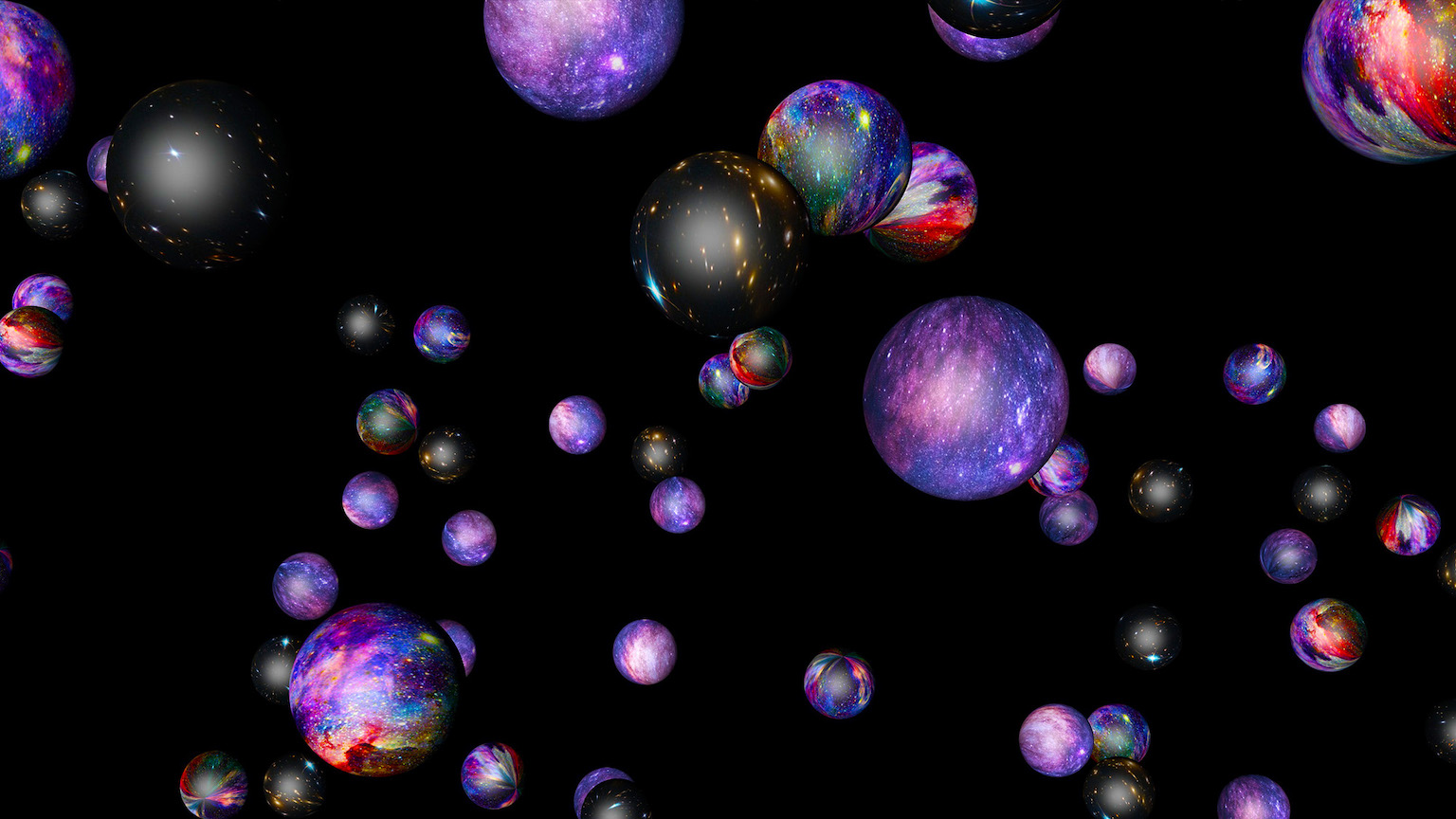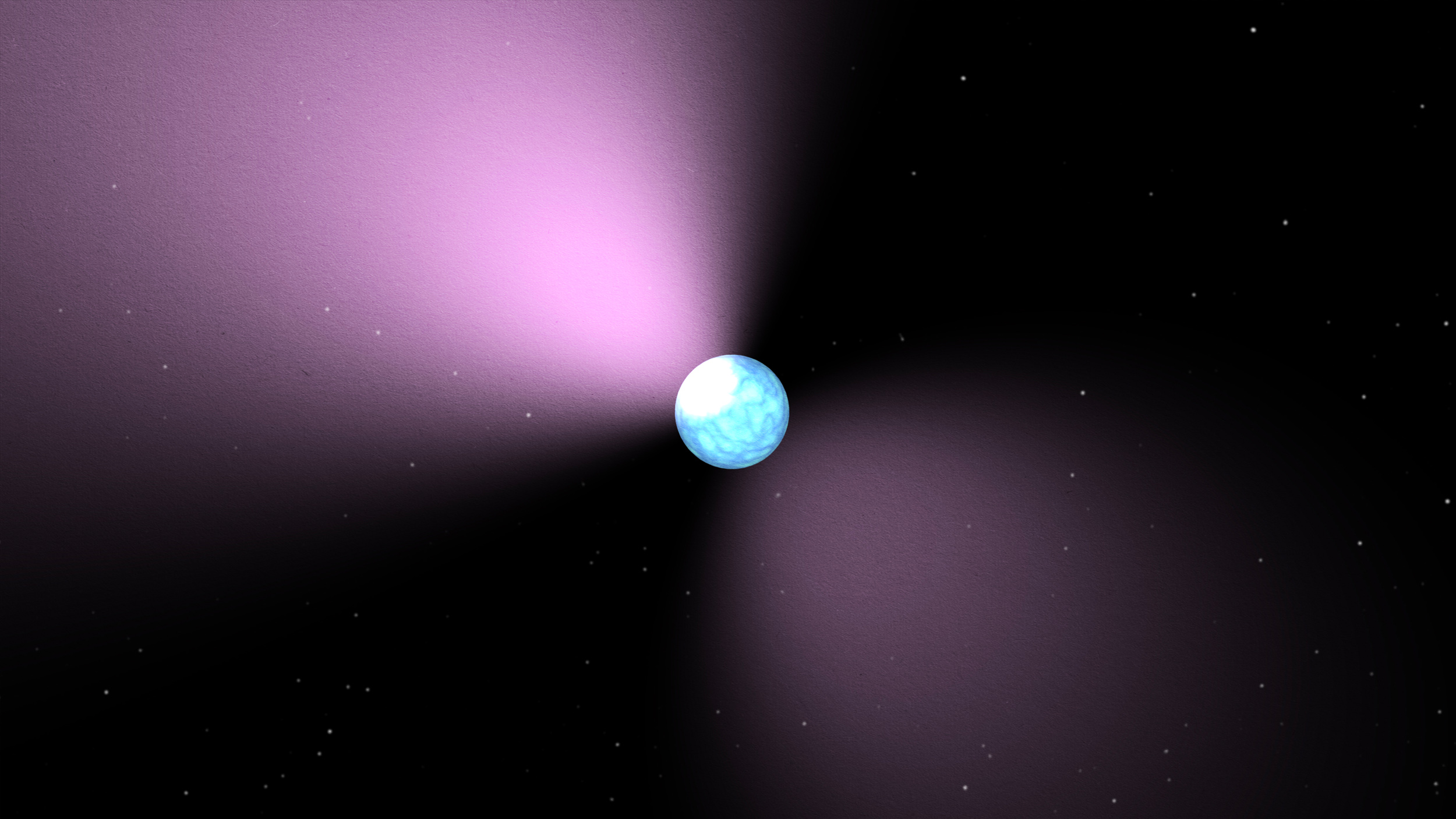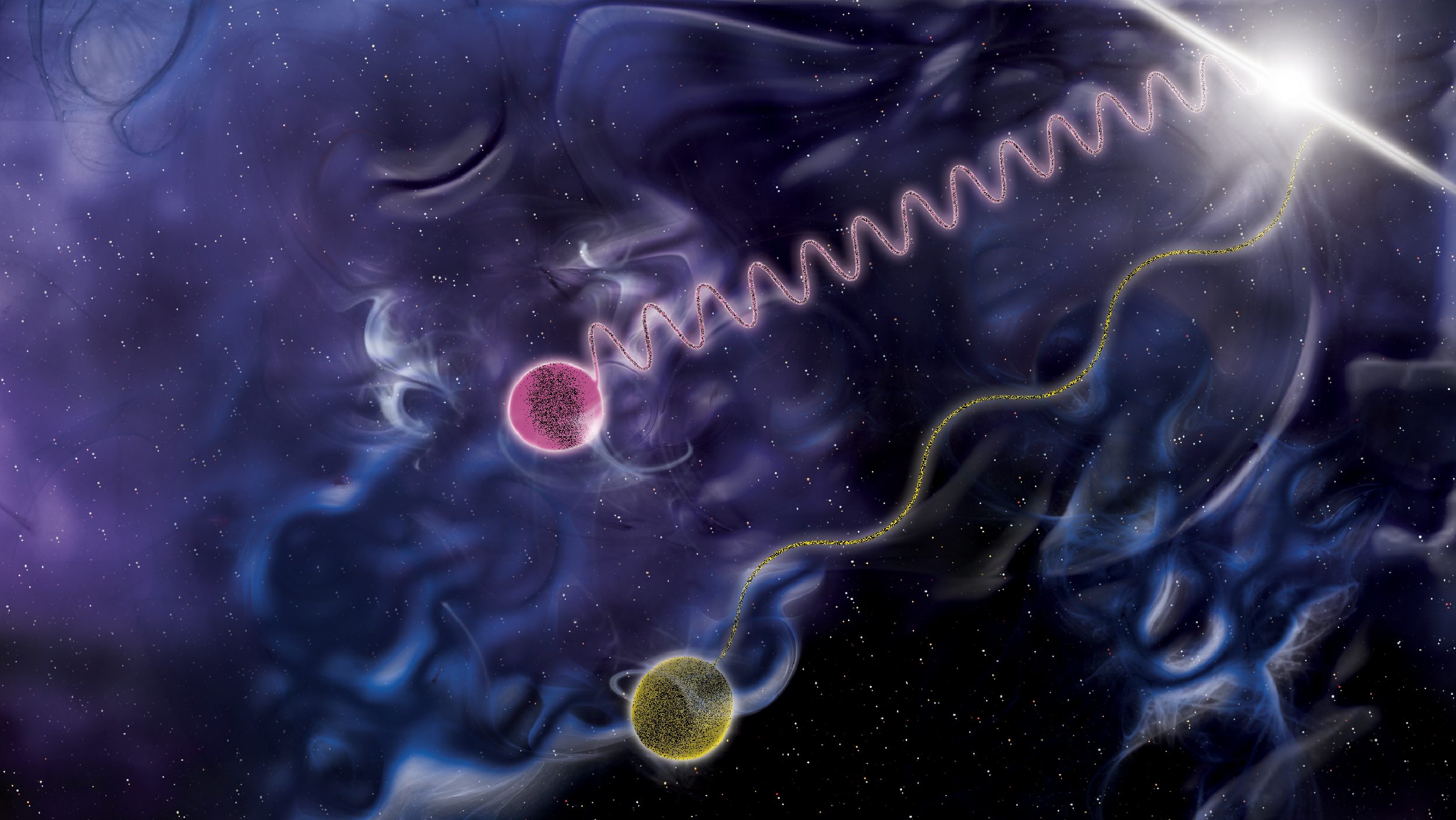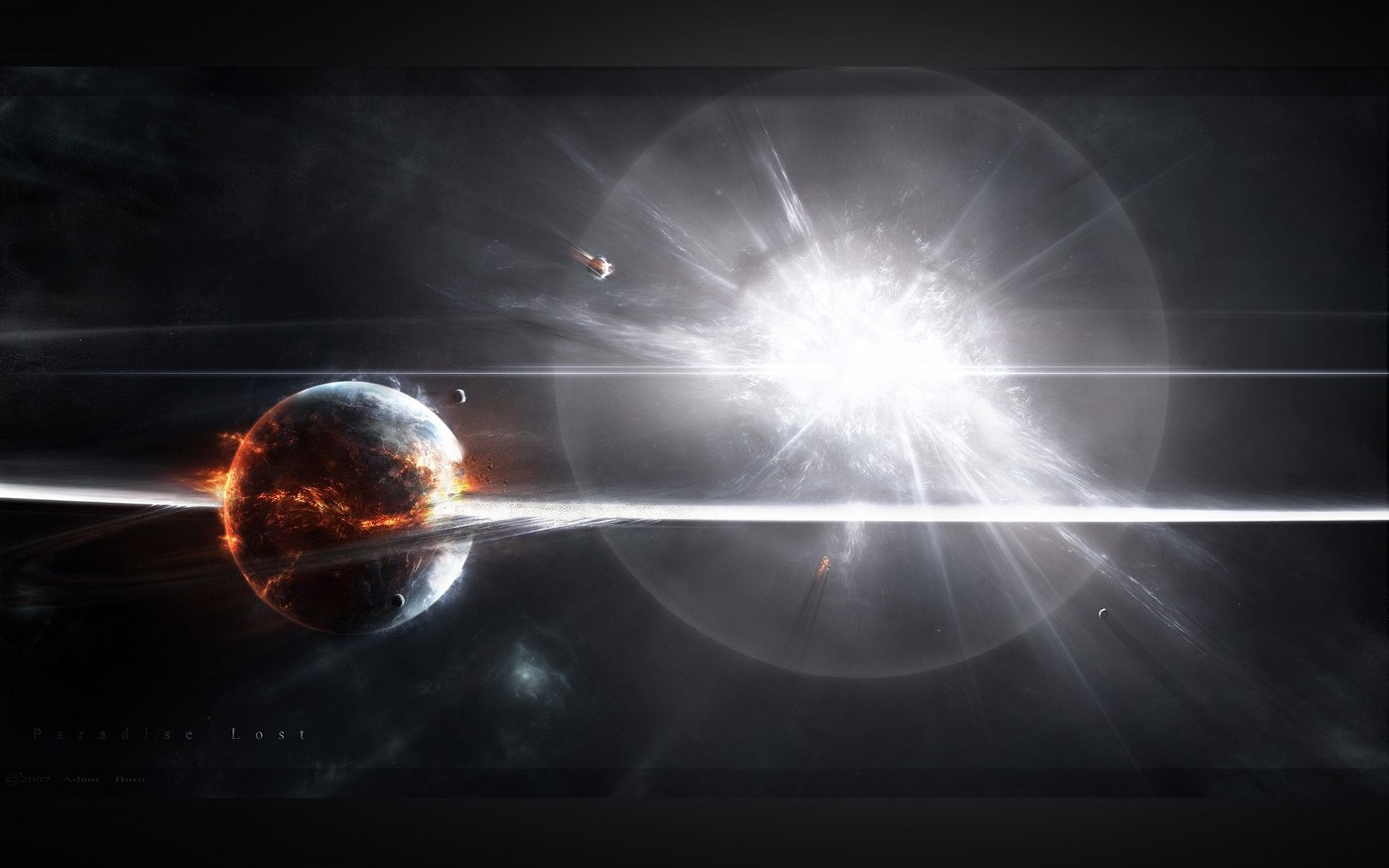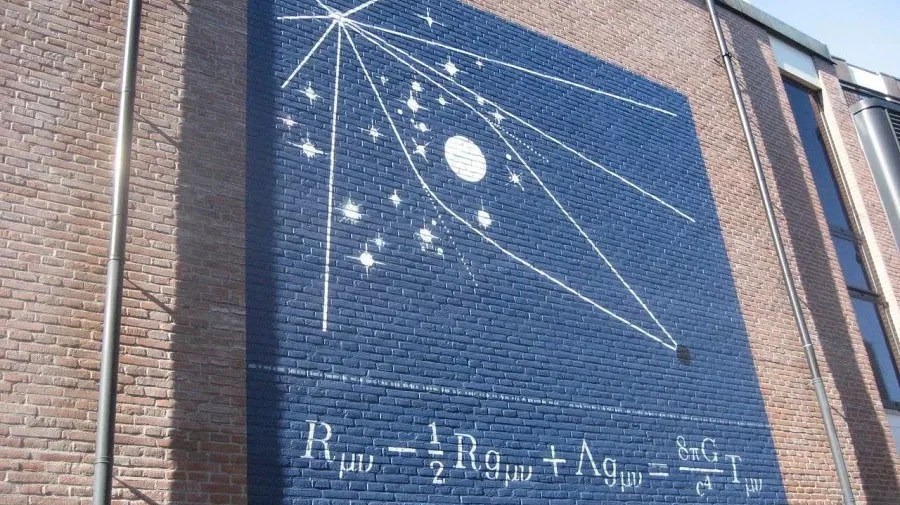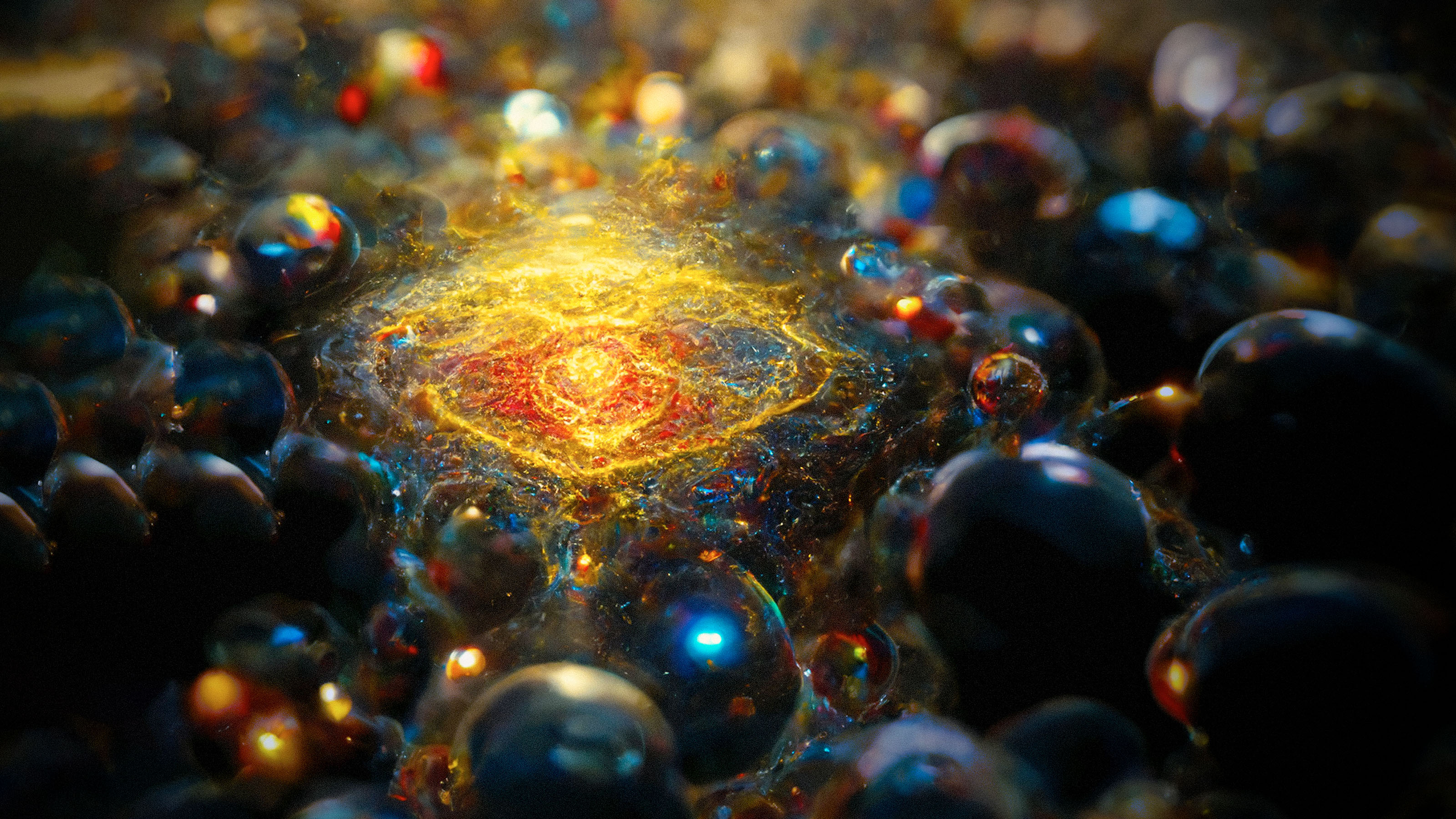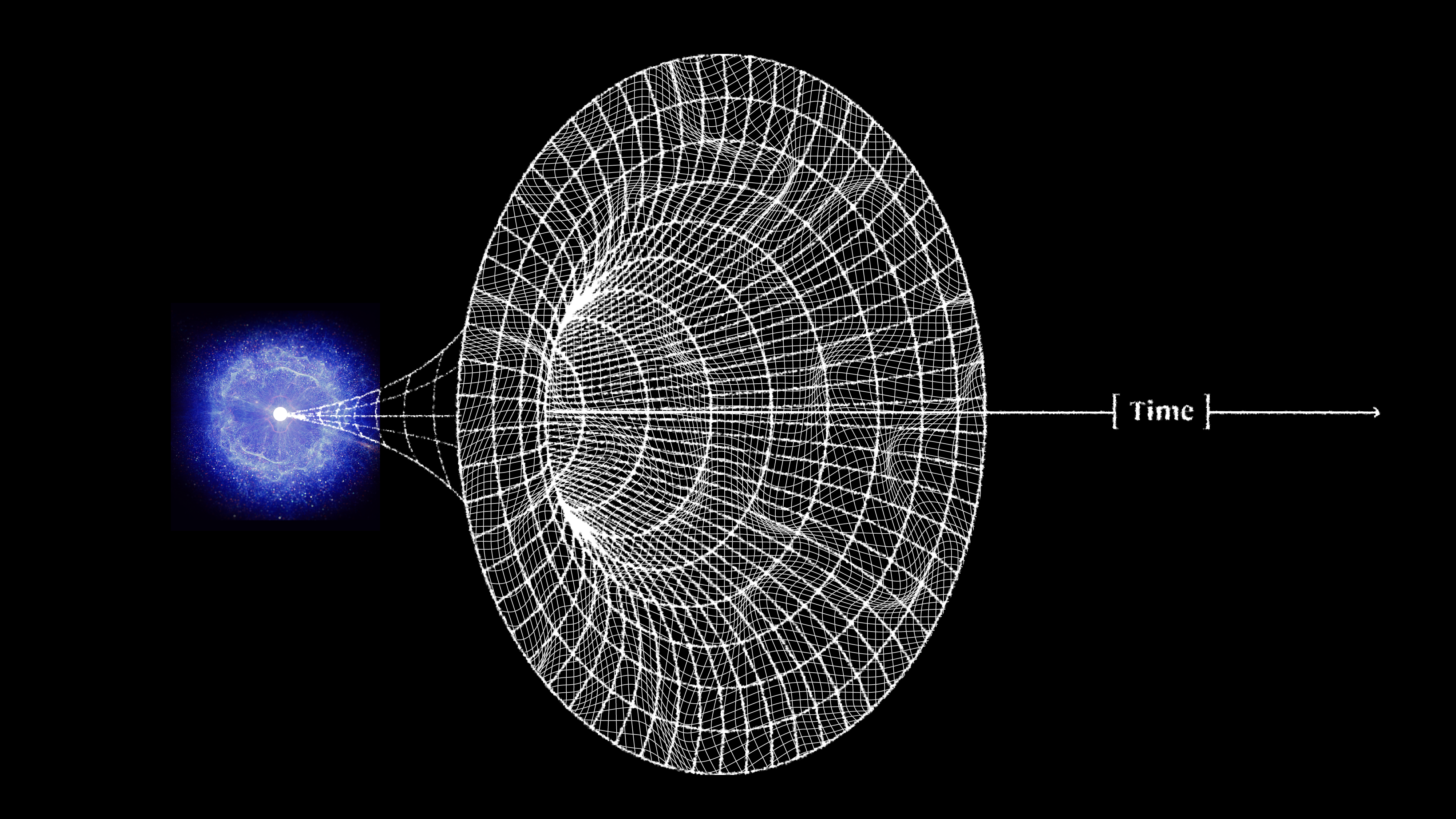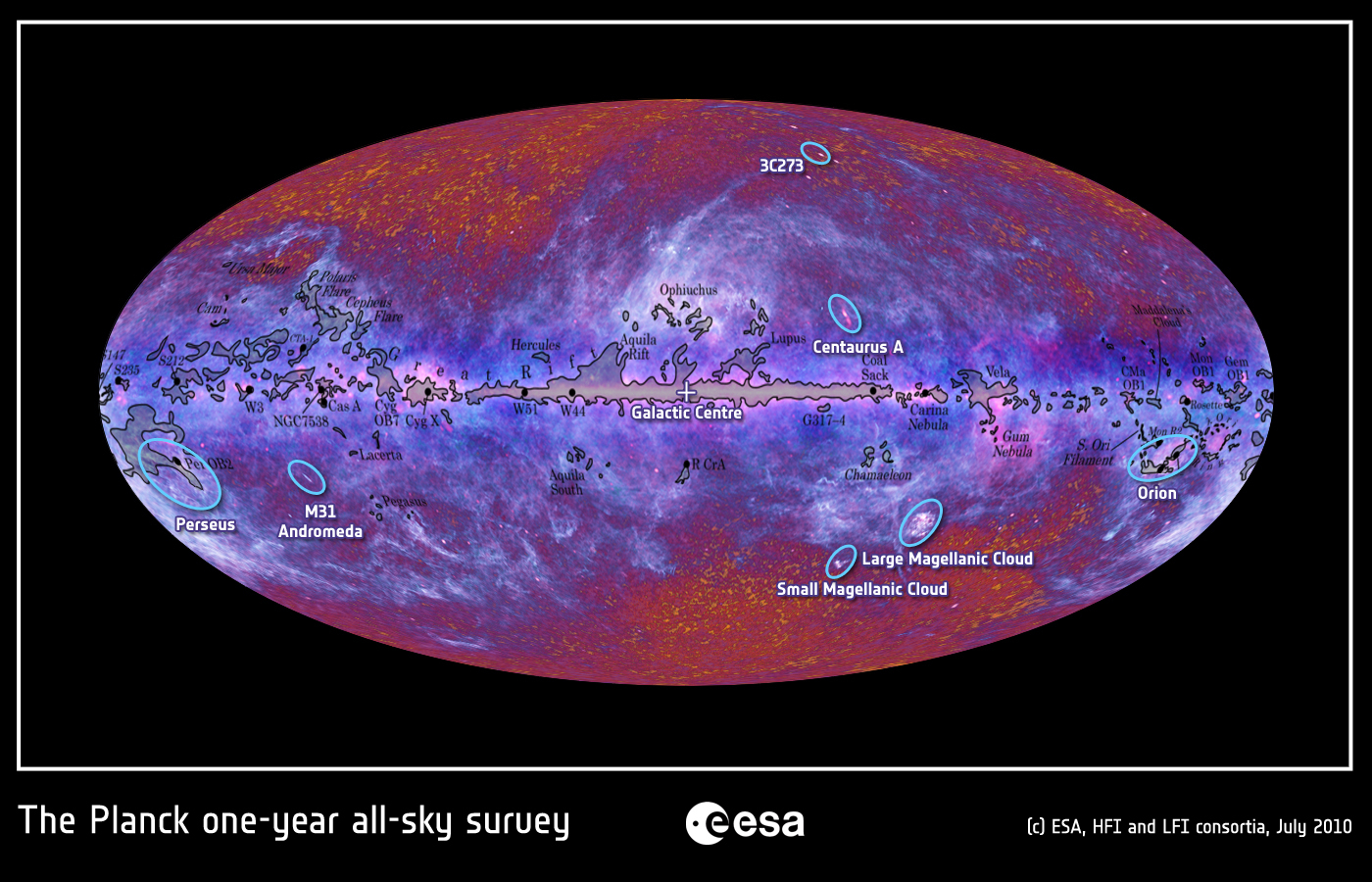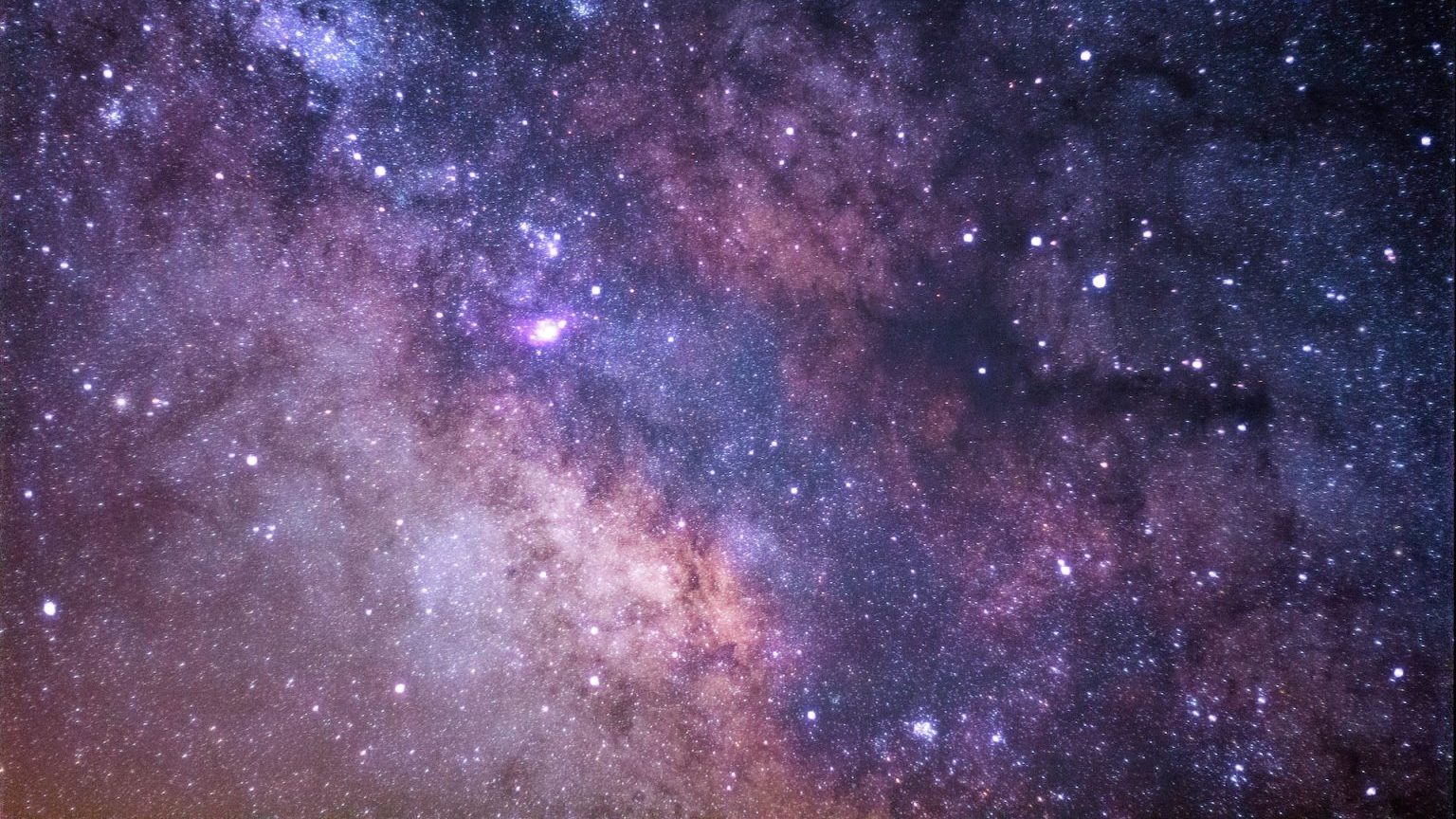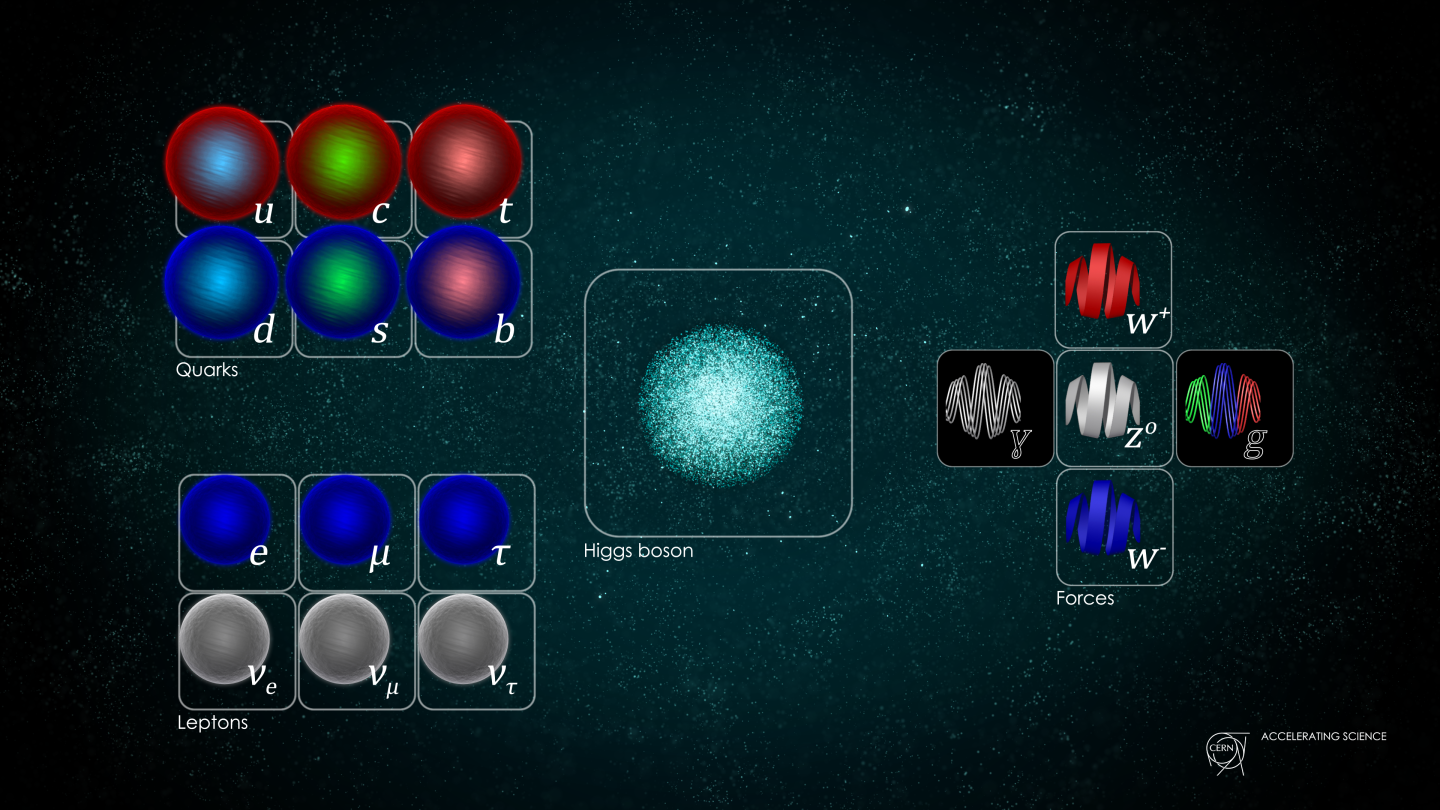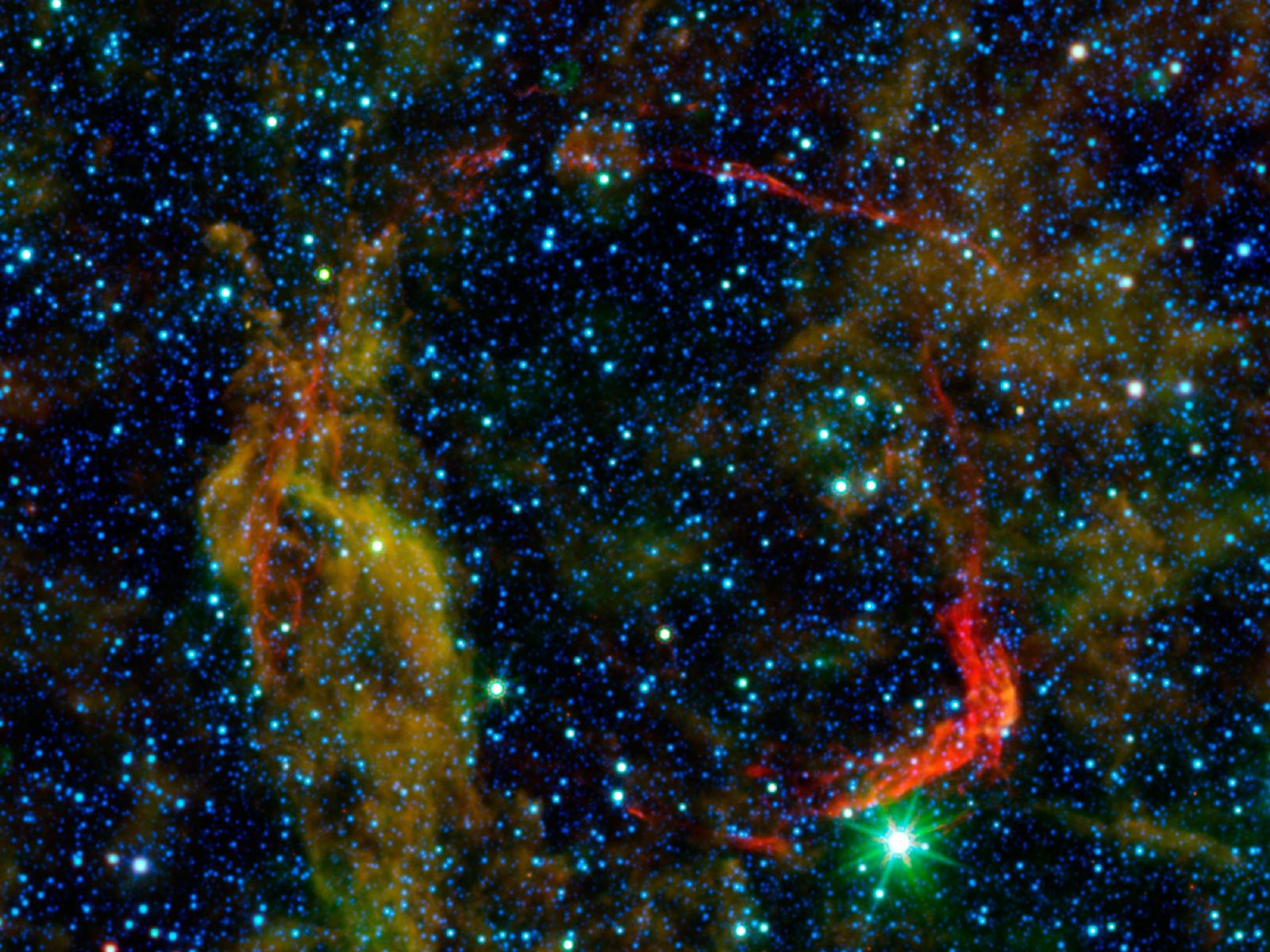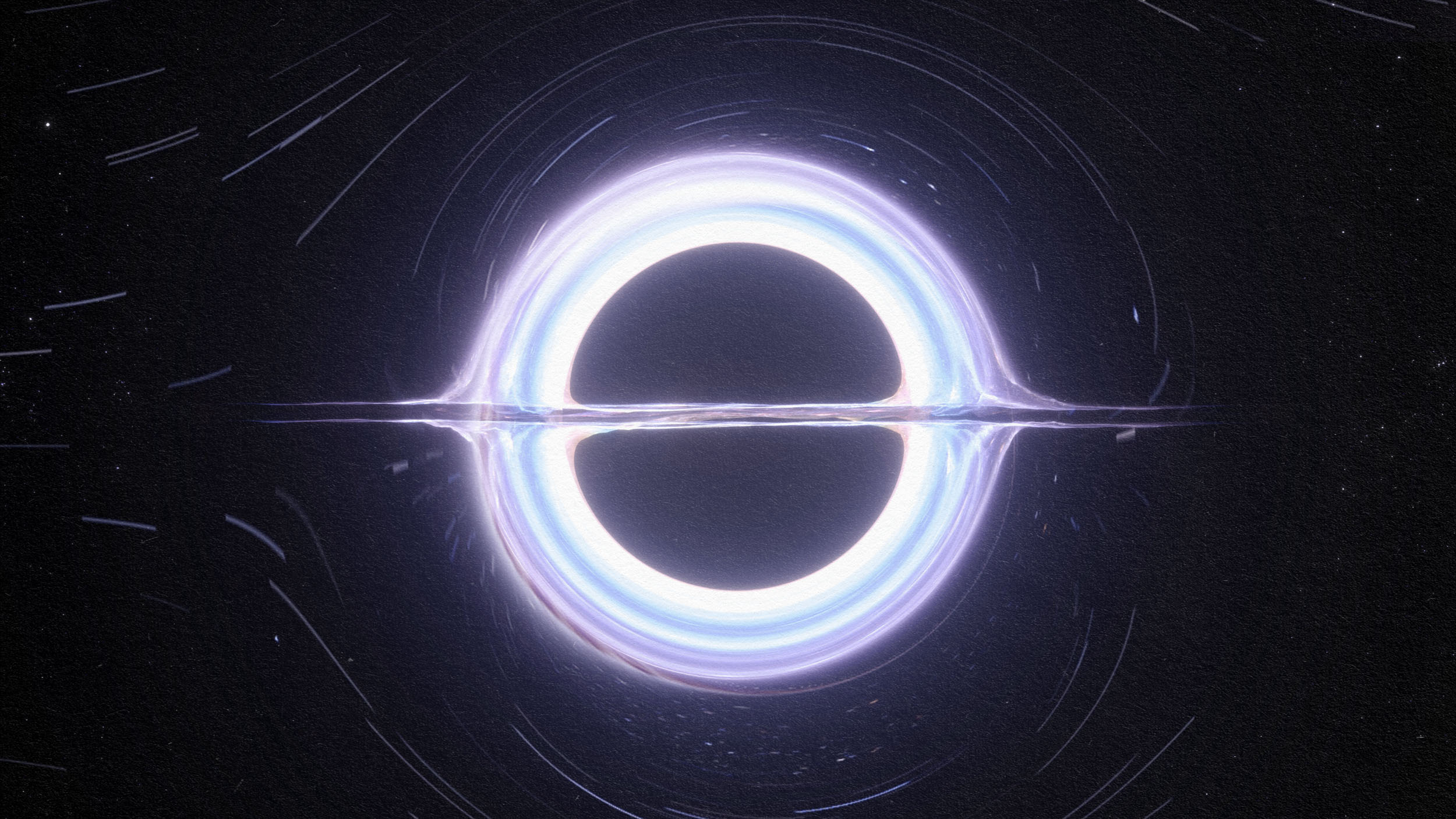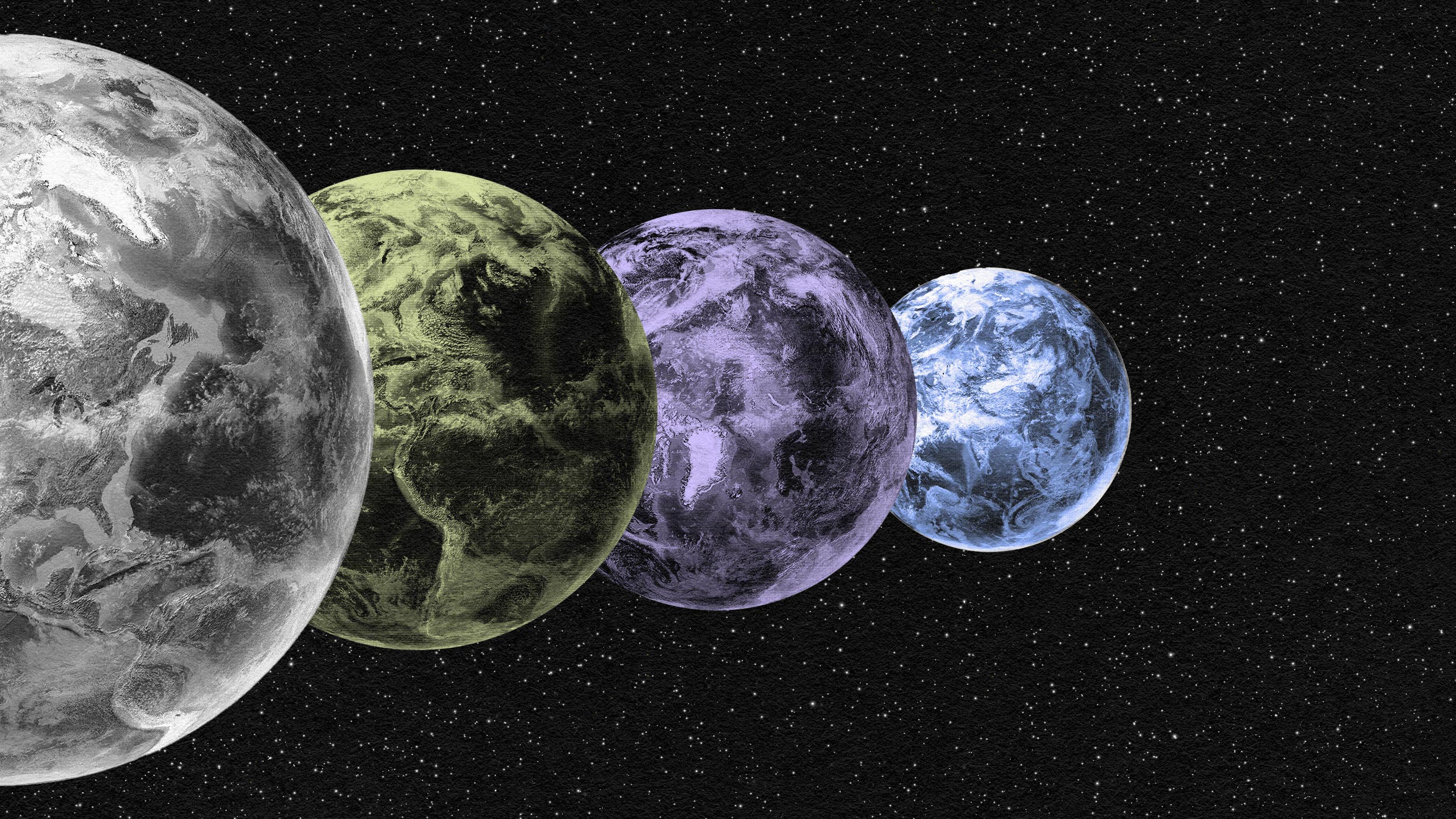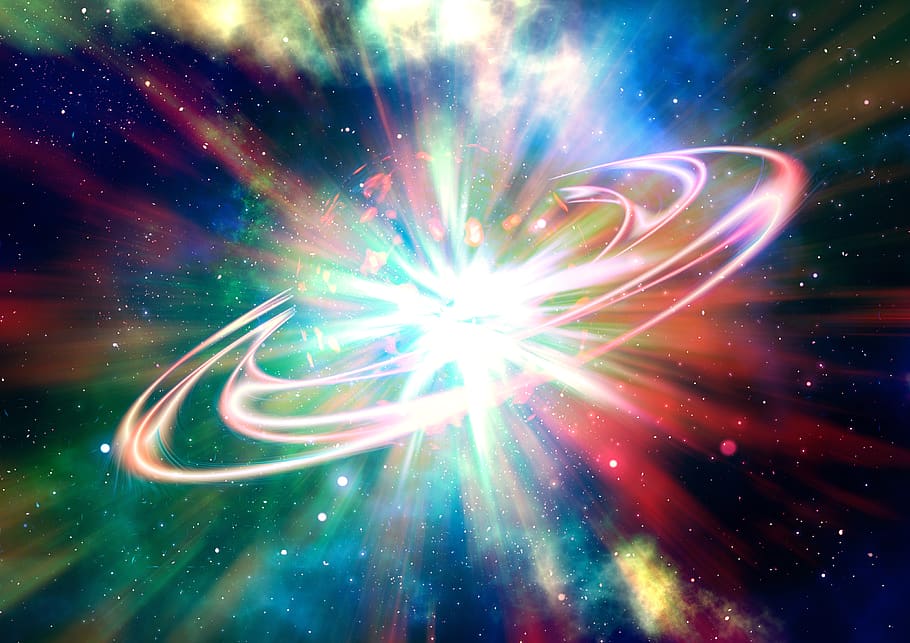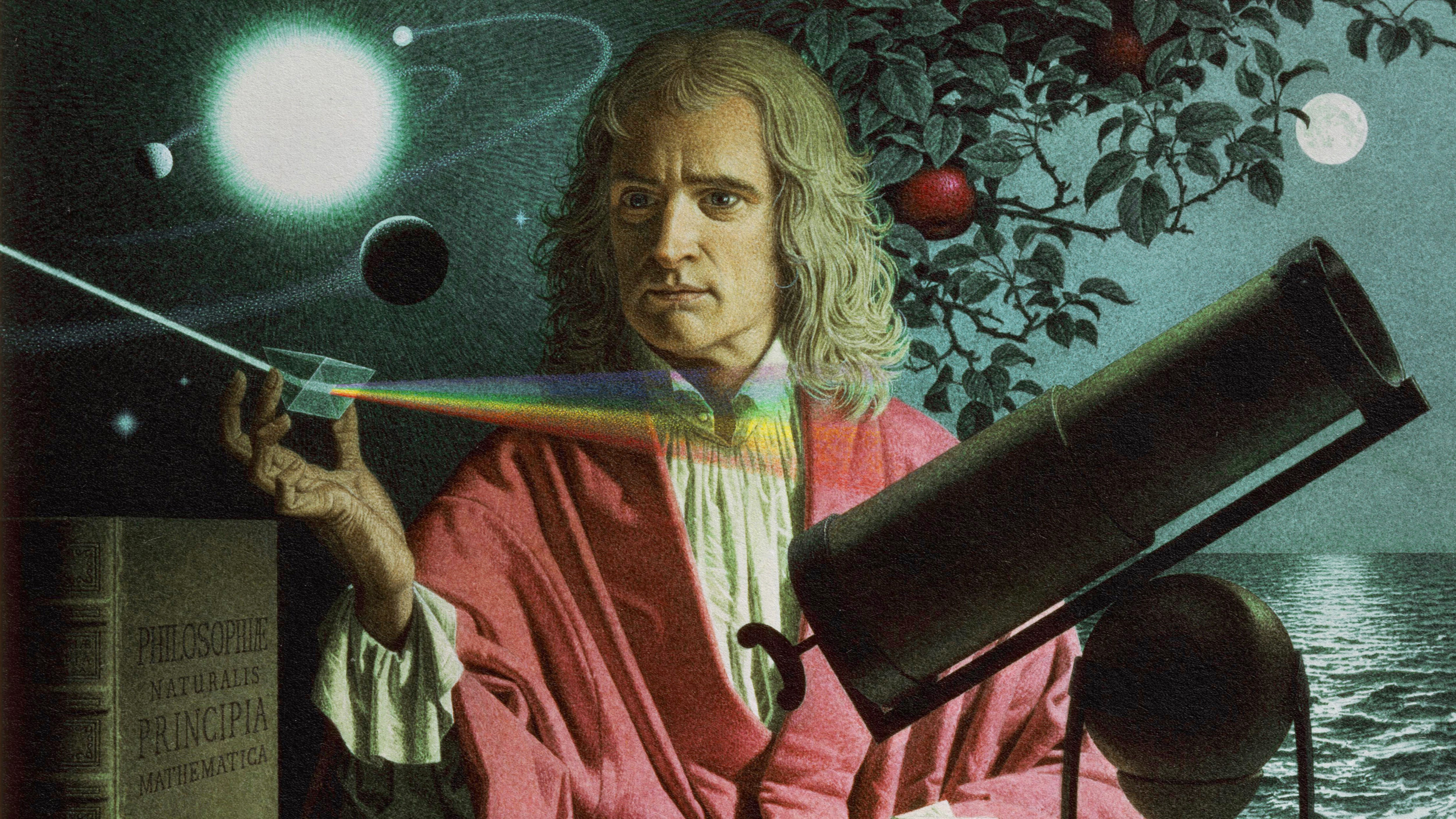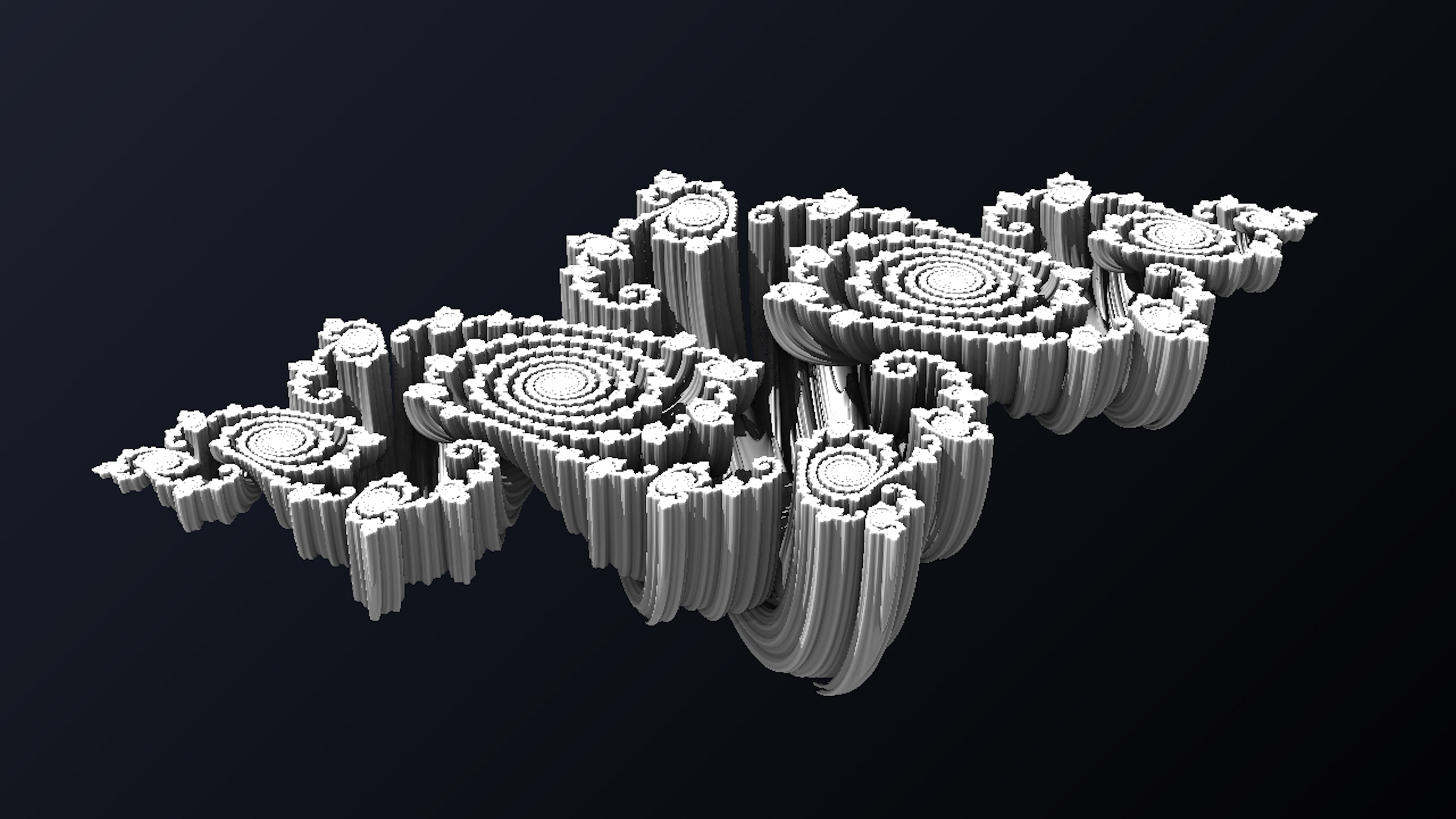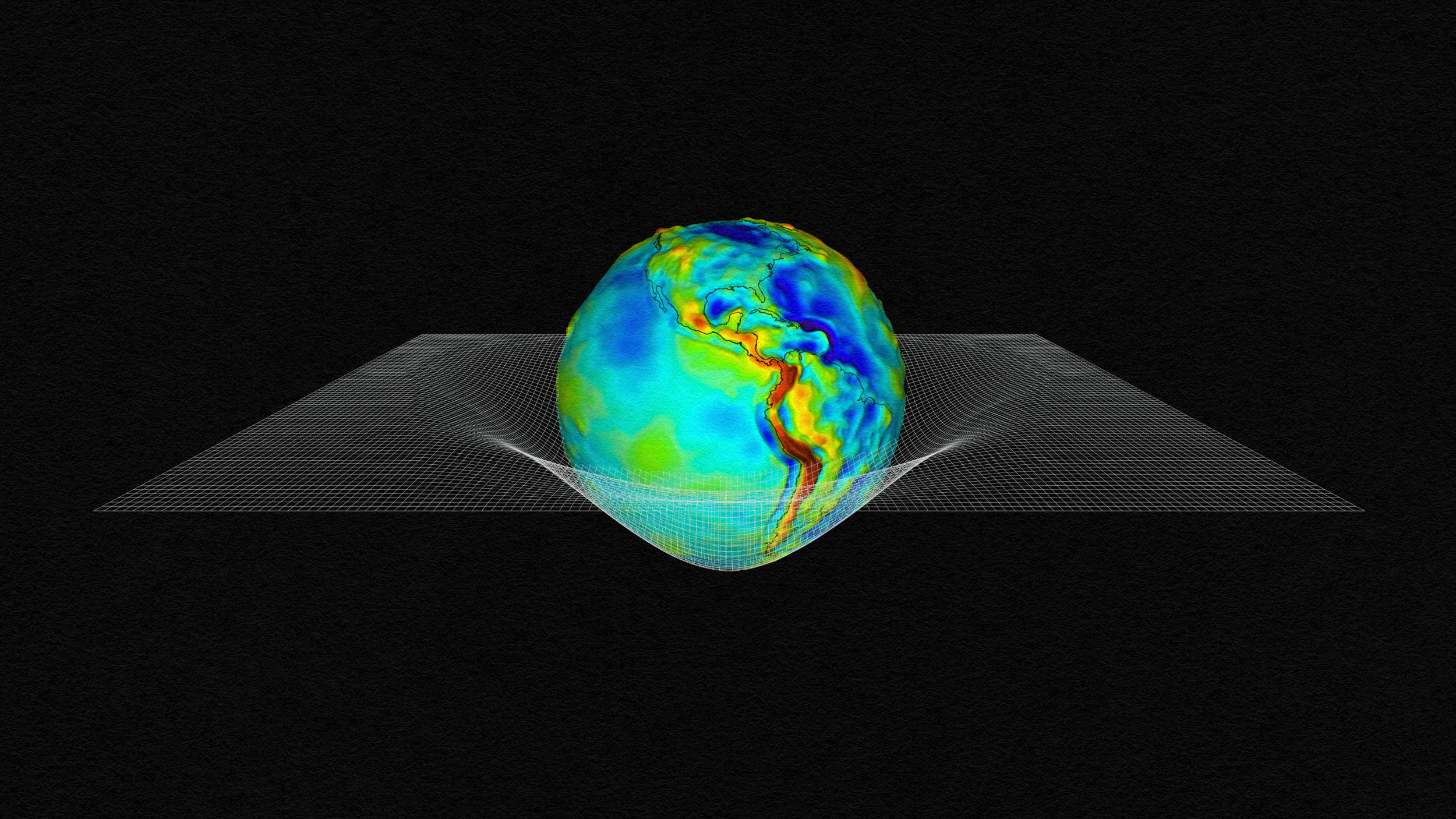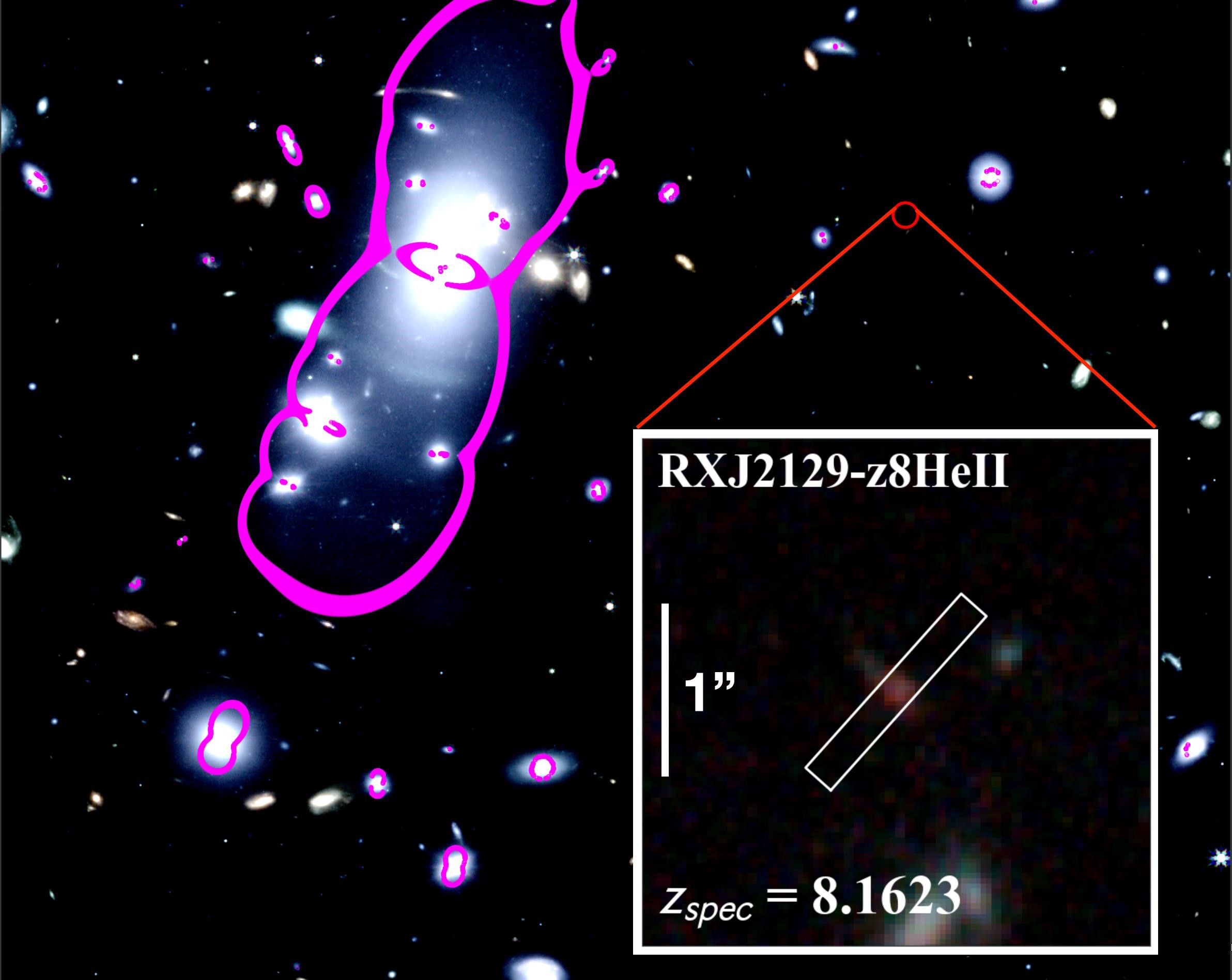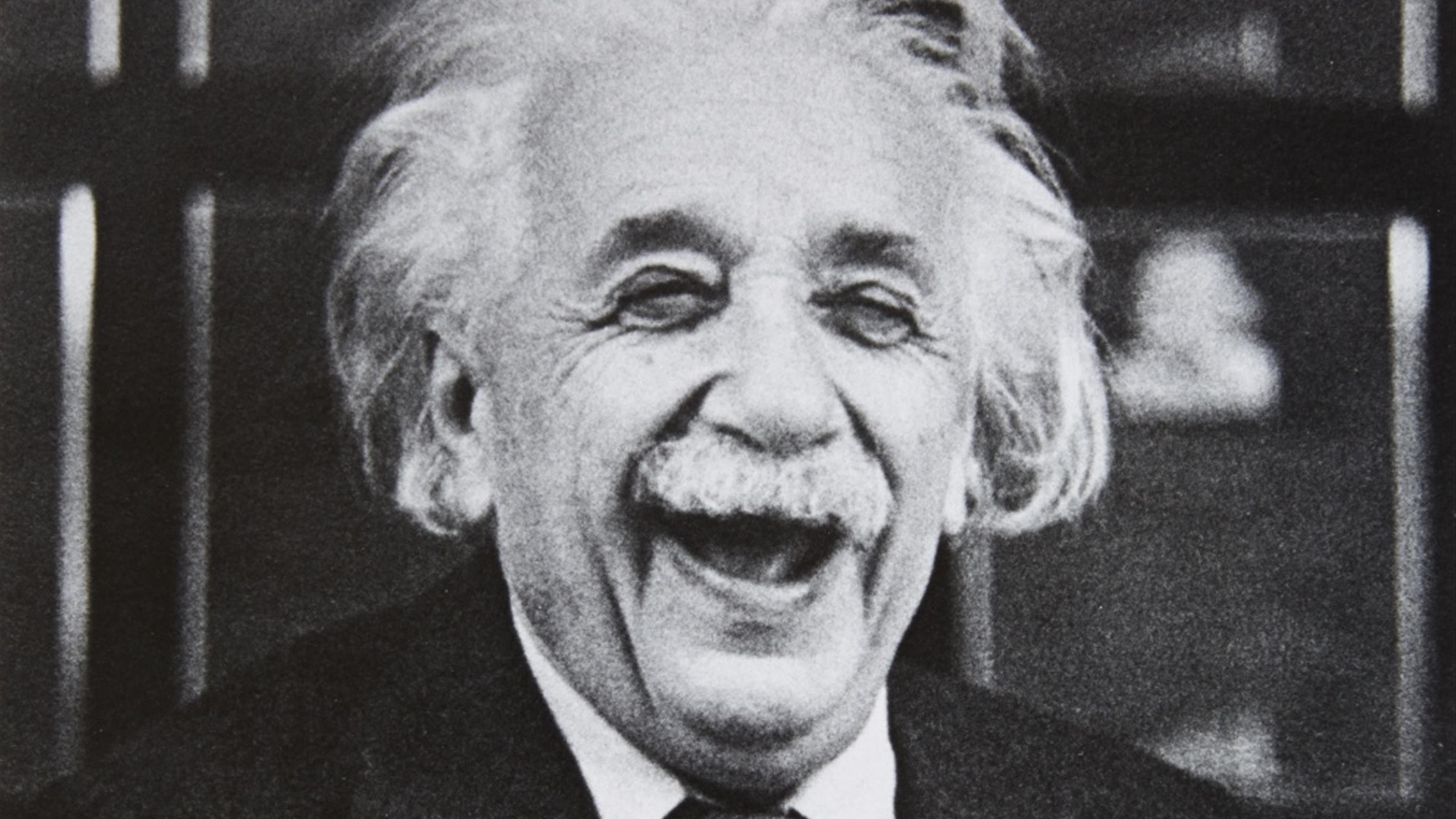In scientific theories, the Multiverse appears as a bug rather than as a feature. We should squash it.
Search Results
You searched for: quantum
At very high and very low temperatures, matter takes on properties that open up an entire Universe of remarkable new possibilities.
Ultracold gases in the lab could help scientists better understand the universe.
Contrary to common experience, not everything needs a medium to travel through. Overcoming that assumption removes the need for an aether.
Amplifying the energy within a laser, over and over, won’t get you an infinite amount of energy. There’s a fundamental limit due to physics.
You are an energy field — but not the “chakras” or “auras” kind.
Smashing things together at unprecedented energies sounds dangerous. But it’s nothing the Universe hasn’t already seen, and survived.
Although many of Einstein’s papers revolutionized physics, there’s one Einsteinian advance, generally, that towers over all the rest.
The false assumption the Multiverse relies on is that something which exists requires an explanation.
Equations that describe time travel are fully compatible and consistent with relativity — but physics is not mathematics.
The LHC has a long, productive life ahead of it. An upgraded version, called the “High Luminosity LHC,” will be available in 2028.
Almost everyone asserts that the Big Bang was the beginning of everything, followed by inflation. Has everyone gotten the order wrong?
The hot Big Bang is often touted as the beginning of the Universe. But there’s one piece of evidence we can’t ignore that shows otherwise.
Light carries with it the secrets of reality in ways we cannot completely understand.
The second law of thermodynamics is an inviolable law of reality. Here’s what everyone should know about closed, open, and isolated systems.
Realism in science cannot be completely unmoored from human experience. Otherwise, realism ends up tortured with unreal paradoxes.
From the Big Bang to dark energy, knowledge of the cosmos has sped up in the past century — but big questions linger.
A great many cosmic puzzles still remain unsolved. By embracing a broad and varied approach, particle physics heads toward a bright future.
If stars don’t go supernova at first, they can get a second chance after becoming a white dwarf. But can their companions survive?
Here’s why the answer may forever elude scientists.
Some physicists are besot with the multiverse, but if we can’t detect these other universes, how seriously should we take them?
There’s a big difference between the notions of ‘false vacuum’ and ‘true vacuum’ states. Here’s why we don’t want to live in the former.
Quarks and leptons are the smallest known subatomic particles. Does the Standard Model allow for an even smaller layer of matter to exist?
The smartest person in the world was Isaac Newton, a true polymath whose brilliance never has been, nor ever will be, surpassed.
Data scientists first gained prominence by making us click on ads — now the profession spans a multiverse.
The hunt for the elusive particles continues.
In general relativity, matter and energy curve spacetime, which we experience as gravity. Why can’t there be an “antigravity” force?
To understand the edges of our universe, we’ll need to explore the edges of our own philosophies.
▸
with
The Universe certainly formed stars, at one point, for the very first time. But we haven’t found them yet. Here’s what everyone should know.
The most celebrated genius in human history didn’t just revolutionize physics, but taught many valuable lessons about living a better life.
